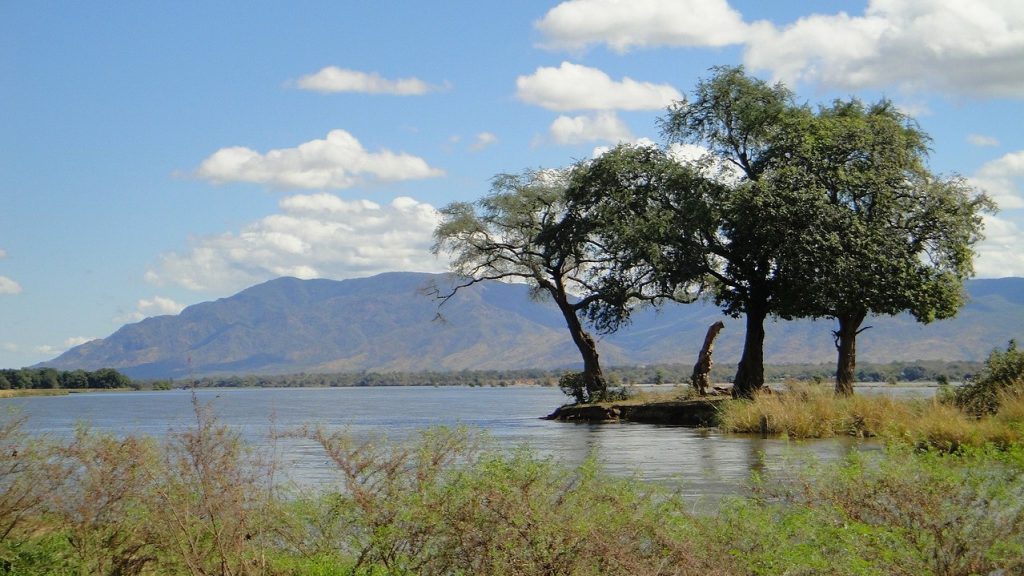Zambia buys artisanal gold to formalize unregulated mining

Zambia’s mining investment arm ZCCM-IH has started buying gold from artisanal and small-scale miners in a bid to formalize the unregulated sector whose ranks have swelled worldwide as gold prices soar, it said on Friday.
Governments across Africa are scrambling to tackle informal mining of gold, which has significant health and environmental risks and contributes to illicit flows of money, depriving states of revenue when the metal is smuggled across borders.
Governments across Africa are scrambling to tackle informal mining of gold, which has significant health and environmental risks and contributes to illicit flows of money
Ethiopia, for example, runs artisanal gold buying centres which offer a higher price than the going market rate to attract miners away from the black market. “ZCCM-IH is providing an open market and competitive prices for gold,” an advertisement by the company read, adding that gold sellers could bring the gold to its Lusaka offices.
“Looking forward to doing business with you!” the advertisement, circulated on WhatsApp, read. “It is cash on delivery, spread the word!”
ZCCM-IH did not immediately reply to Reuters’ query about the price the buying centres would be offering miners.
The firm announced in December it would set up centres for buying gold in strategic areas with deposits as a first step towards bringing artisanal and small-scale miners into the formal market.
The buying centres also fit into Zambia’s strategy of boosting revenue from its mineral resources.
A Reuters analysis found last year that billions of dollars’ worth of gold is smuggled out of Africa every year through the Middle East. Previous reports have highlighted a black-market trade in gold, mined with little official oversight.
Artisanal miners in Zambia are meant to secure mining rights from the government by submitting relevant paperwork, paying fees and completing an environmental commitment plan.
The state investment company is also proposing to provide technical expertise to artisanal miners on mine planning and safety, and to give them access to earth-moving machinery and processing plants.
Zambia aims to produce 40,000 kg of gold in 2020 from primary and secondary sources, including artisanal and small-scale miners, according to Mines Permanent Secretary Barnaby Mulenga.
As the state seeks to benefit more from large-scale mining too, Mulenga in December said the government plans to make copper mining companies account for the gold they produce as a by-product of the mining process. First Quantum Minerals’ Kansanshi Mine, the only mine that has been declaring its gold production, produced 4,200 kg of gold in 2018.
(By Chris Mfula; Editing by Helen Reid and Jan Harvey)
{{ commodity.name }}
{{ post.title }}
{{ post.date }}




Comments